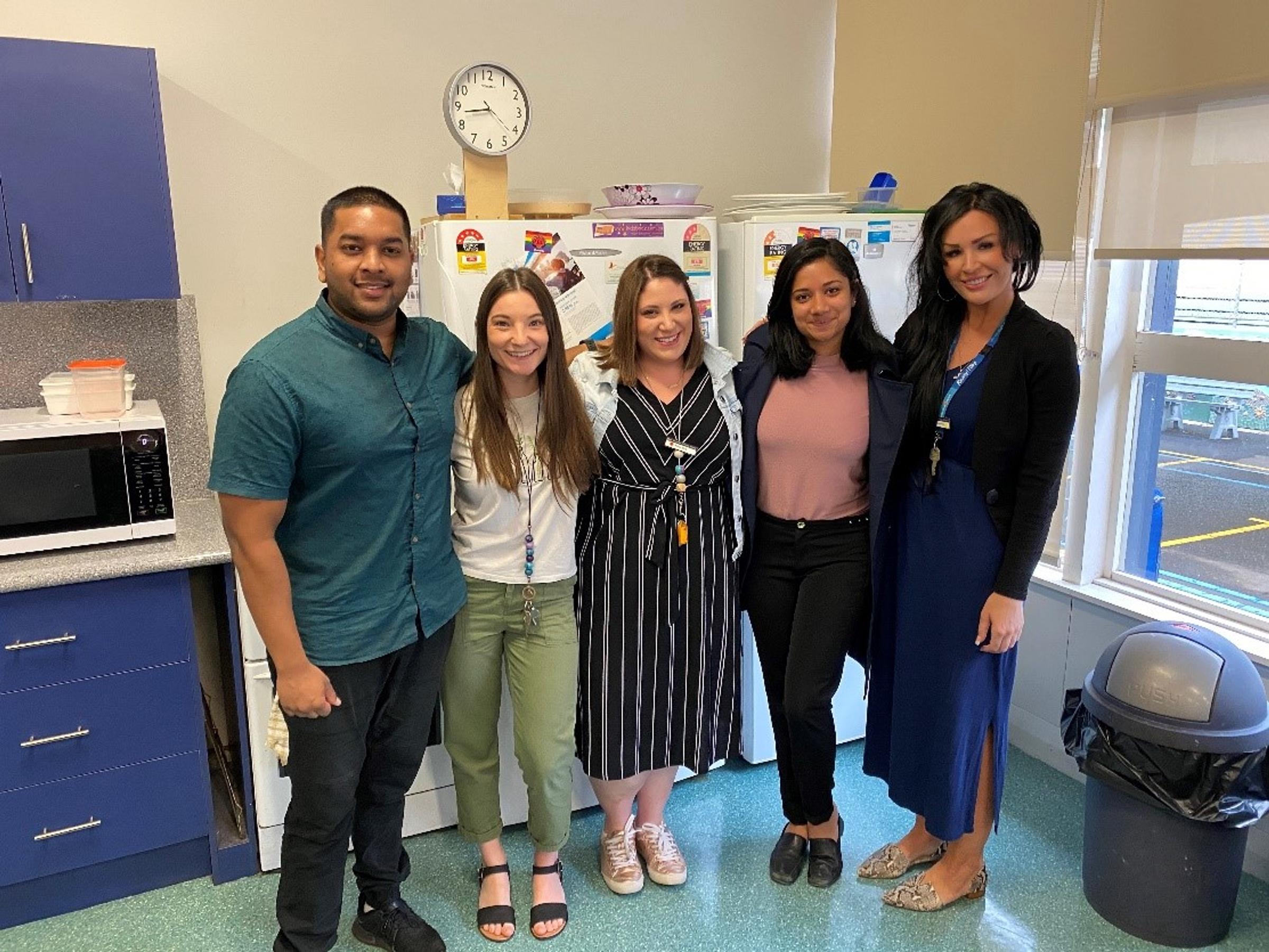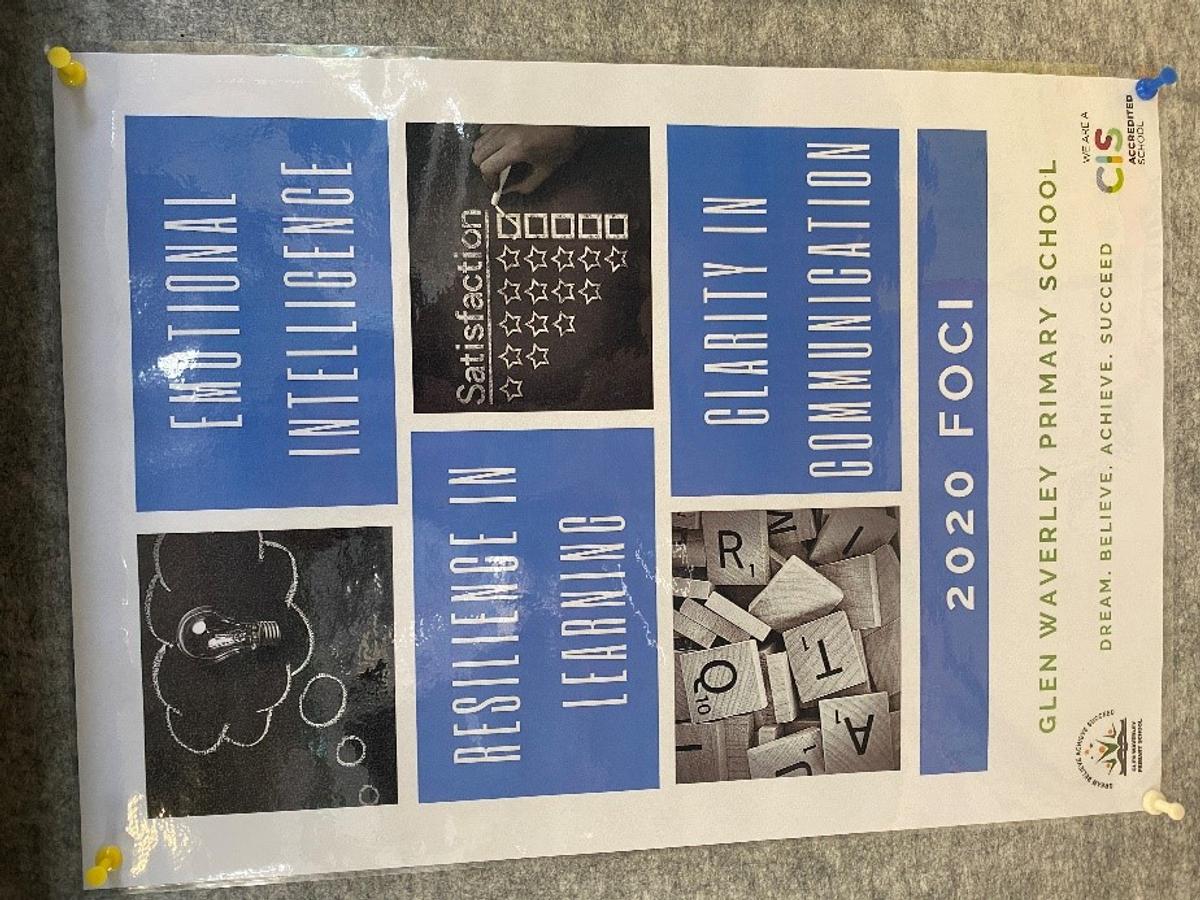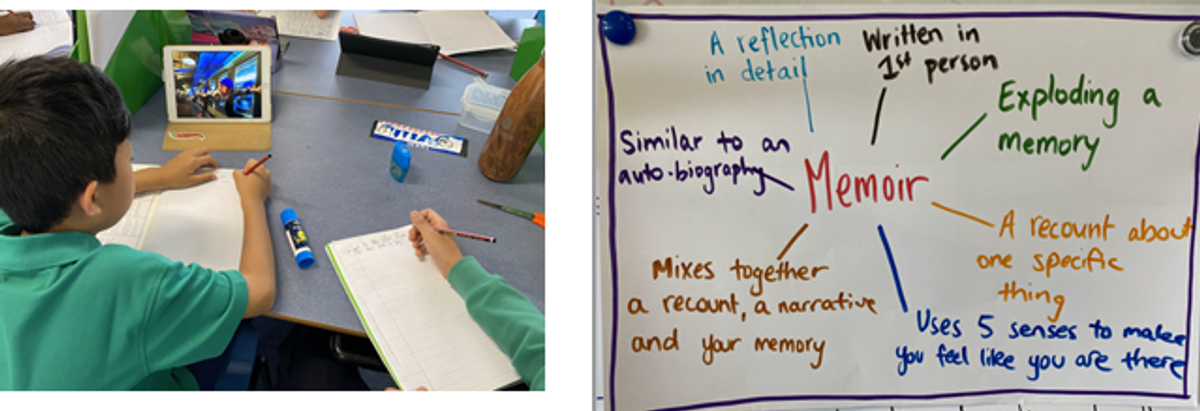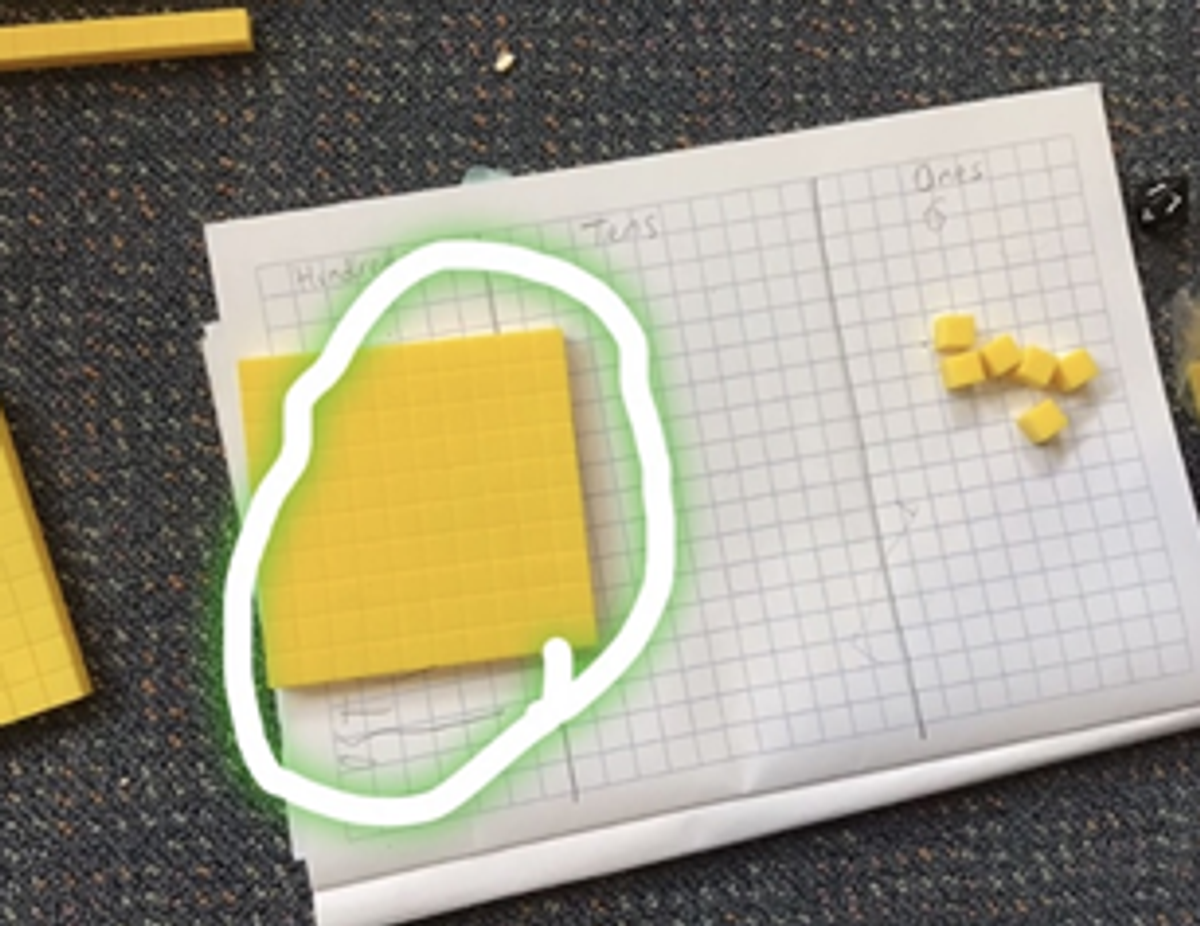From the Level Four team

Things to Remember
To ensure that your child is prepared for school each day, here are a few suggestions the children discussed were important to them:
- Ensure that all items of school clothing, including hats, are labelled with a full name.
- Lost items will be kept in our Lost Property Box near the staffroom.
- The weather is often very warm in Term One. It would be fantastic for learners to come to school dressed for the weather.
- Your children need to have their hats to play in the sun during playtimes as well as P.E. lessons and wearing sunscreen will protect their skin from sun damage.
- Bringing a water bottle is also essential so they can stay hydrated throughout their learning.
- At ten o’clock each day, learners are given time to have their ‘Brain Food’, which includes healthy snacks such as fresh or dried fruits and vegetables.
- To help protect our environment and reduce waste in our school, learners are encouraged to bring ‘Nude Food’, where they bring food without wrappers. Instead they could pack their snacks and lunch in containers which can be reused.
Curriculum Overview
During inquiry learning this term, learners will be investigating the question, “How do we manage outside influences on our health?” Looking through the lens of Health and Personal and Social Capability, the children will be exploring, in particular, emotional and mental health from a personal, local, national and global scale. From a personal perspective, students will have the opportunity to gain an understanding of self and others by unpacking topics such as positive talk/mindset, intrusive thoughts, managing emotions, conflict resolution, intercultural competency and community support and connections.
A key element of our inquiry will also involve transferring and thinking deeply about our Sustainable Development Goal 3 of “Good Health and Well-being”. Learners will be unpacking, ‘What is Good Health?’ and how we can ensure healthy lives and promote well-being for everybody at all ages. We look forward to encouraging your children to think broadly about the concepts of wellbeing and human rights, as well as developing deep questions to be investigated as individuals and as a class.
To support your child at home, you may find the following tasks helpful:
- Share strategies or practices that you use to promote inner-peace, rest and happiness.
- Cook a healthy meal or recipe together and sit around the table together to enjoy it.
- Talk about role models and people you admire and reflect on the values they possess that inspire you to continue to grow and be your best.
- Encourage positive self-talk and praise at home.
- Share lessons learnt of times when you overcame challenges or struggles that strengthened you.
Social and Emotional Learning
Through the Glen Waverley Primary School preferred social and emotional development program, “You Can Do It!”, our learning this year is going to encompass the 2019 focus of ‘self-regulation’ as well as the 2020 focus of ‘emotional intelligence’’. Our overarching themes for Term 1 in Level Four will be Getting Along and Resilience. We will be supporting our learners in transferring our YCDI Keys to Success (Confidence, Persistence, Organisation, Getting along and Resilience) and our School values (Integrity, Respect, Initiative and Global Empathy) into our inquiry topic and their well-being. Integrating our inquiry learning with our social and emotional learning will provide exciting and powerful opportunities for our learners to create deep connections and reflect on our school values which we all aspire to and utilise to drive our daily practices.
Writing
We begin 2020 by reintroducing our VOICES approach to writing in order to consolidate the understanding of the variety of elements that create great writing pieces. The VOICES framework can be seen in every classroom and allows learners to have a common, progressive language relating to important factors when writing. These important traits include; Voice, Organisation, Ideas, Conventions, Excellent Word Choice and Sentence Fluency. In Level Four, we have learnt about the process an author takes to present a polished piece of writing. When a writer begins a piece, they think about what their writing will be about and the genre it will take. This first stage of writing is the prewriting phase. Writers move to the drafting stage where they put pencil to paper and plan their piece, practising the skill of committing their thinking to paper. The writing process is dynamic and after these processes may follow the writing, editing or publishing stages. It has been wonderful to see the personality and zest our learners in Year Four already bring to their writing pieces, and we are admiring their motivation and willingness to write.
Our focus this term is to establish ourselves as authors as we create narratives and memoirs. This is where learners will think about a memory that has shaped their identity and expand this moment in their writing. At home you can help your children by brainstorming ideas around their favourite moment, focusing on why it was so pivotal to them. Alongside this, below are a list of VOICES personalised goals that your child may choose to focus on in order to enhance their learning;
At home we encourage you to build the following skills with your children;
- I have thought about the reader and they will know how I think and feel - Voice
- Share thoughts through inner dialogue - Voice
- I used details that draw upon the five senses (sight, touch, taste, smell, hearing) - Ideas
- Provide details or supporting details, which are accurate and relevant, interesting and vivid - Ideas
- My verb tense is correct - Conventions
- I have used description and the reader can visualise a clear image in their mind - Excellent Word Choice
- Select precise words to reflect what you are trying to say - Excellent Word Choice
We look forward to building our learners authorship throughout 2020!
Reading
Throughout Term One, we continue our learning around the CAFE board of reading strategies. This is an acronym for reading strategies within the areas of Comprehension, Accuracy, Fluency and Expanding Vocabulary. Learners will consolidate strategies they have previously learnt in addition to learning new strategies to deepen and extend their reading skills. Over the next couple of weeks, our learners will be developing their own personal reading goals that align with the CAFE strategies. Our focus this term is on Comprehension, in particular analysing memoirs and comparing them to recounts. The purpose of this is so that students can transfer their understanding in reading to writing when creating a memoir.
For home learning, to extend your child’s thinking, check in with them by asking about their reading strategy and how they are using their ‘inner voice’ to understand their text. We encourage your child to read out loud to you and then be asked questions that are within, beyond and about the text. Not only will this assist with their comprehension, it will also support the development of their fluency and accuracy while reading.
Spelling
In Spelling, learners will continue to build on their self-regulation as they identify their personal spelling needs, analyse these words through a spelling inquiry and apply these new words in their writing. Each week learners will inquire and investigate various sound blends, spelling patterns, history/root origin (etymology), generalisations and exceptions. The learners in Level 4 have already begun this exploration and continue to draw closer connections with familiar and unfamiliar words. At home, you can encourage your children to identify the tricky part in unfamiliar words and ask if they can draw connections between their challenging word and ones they already know. For example, if they are unsure how to spell cooperation, ask your child if they can spell ‘operation’ as this prompts connections in their prior knowledge. You may also like to ask your child about their personalised words and challenge them to use their words in their writing.
Digital Technology
Our Level 4 learners were filled with excitement to begin their journey with our 1:1 iPad learning opportunity. We have started the term with a focus on the responsibilities and expectations surrounding the use of our iPads. Learners have discussed the connections between our iPad agreement, cyber awareness and self-regulation. Within the learning environment, we have discussed the importance of using devices for a purpose and how they can assist and drive our learning. There are many amazing tools, apps and learning platforms that will be utilised via the iPads throughout the year, and we are so excited to keep our community updated via each classes chosen communication platforms such as Edmodo and Seesaw. We look forward to strengthening the learners’ knowledge of ICT and Digital Technology as the year progresses.
Mathematics
In Mathematics we are going to be learning and deepening a range of mathematical concepts, relating to the two dimensions of Mathematics: Number and Algebra as well as Measurement and Geometry. We will begin by further exploring place value as this is a pivotal foundation for our learners to set for themselves in order to reach success in other areas of Mathematics. For example, the children will learn:
- How to rename and decompose numbers
- Recognise and order numbers to at least hundreds of thousands
- Apply place value to partition and rearrange numbers
- Calculate the perimeter, area and volume of various shapes and prisms
- Compare and convert different units of time
Learning will be undertaken in order to advance students’ understanding of the four operations as they will participate in project-based learning to support them in identifying the importance and relevance of transferring Mathematics into real life contexts. For instance when purchasing items at a shopping centre, calculating potential savings, budgeting, financial transactions, measuring and accurately combining ingredients when cooking.
We will also explicitly unpack principles of SURF (Problem Solving, Understanding, Reasoning and Fluency). This will be undertaken by noticing misconceptions in learning, setting individual learning goals and applying appropriate SURF strategies. This is to support the development in understanding Mathematical concepts and big ideas.
Our underlying focus throughout the term is on developing ‘Learning Norms’. Research strongly suggests that setting up a connected learning environment leads to opportunities to target and enhance learning. The first learning norm we unpacked in Level 4 is ‘Mistakes are valuable’. This redirected our learners from finding the ‘right answer’ to ‘strategic thinking,’ understanding that there can be multiple responses to a problem and the importance lays in justifying your thinking as a mathematician as opposed to simply answering a question. We encourage our learners to be flexible with their thinking and not just assume to use algorithms (as our devices and calculators can already do that for us). We look at building thinking and reasoning in Level Four and look forward to sharing the learners’ mathematical strategies with you as the year progresses.
Thank you for making the time to read the Level 4 Newsletter and if you have any questions, please do not hesitate to see your child’s classroom teacher.
Yours sincerely,
The Level 4 Team




